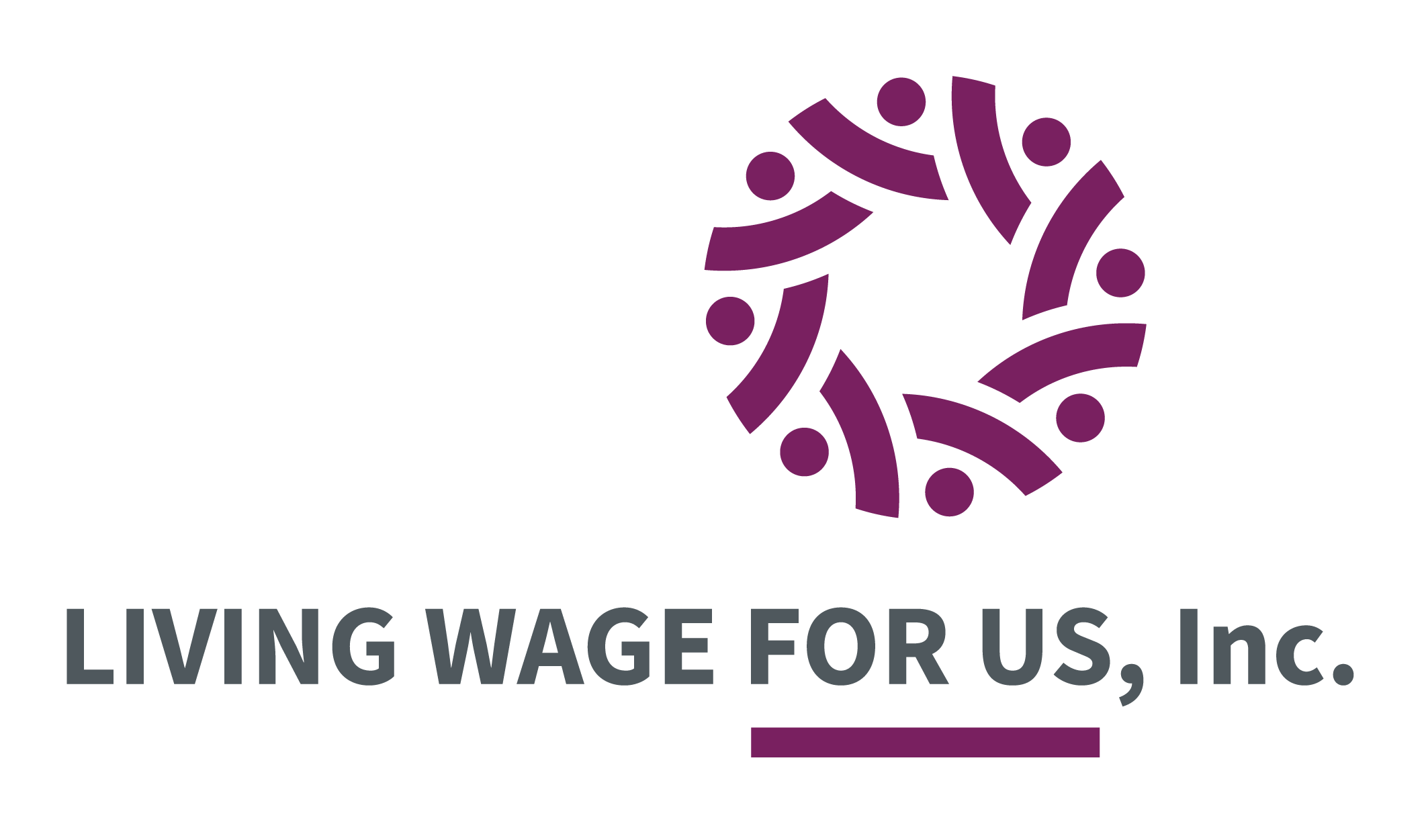
Aaron Seyedian Owner of Well-Paid Maids
Washington D.C.
The cleaning service industry has a notoriously bad record when it comes to fair pay and treatment of its workers. While that might turn off some entrepreneurs from getting into that line of work, Aaron Seyedian saw it as an opportunity to build a socially responsible business that demonstrates what is truly possible. He created Well-Paid Maids: a cleaning company that prides itself on providing a living wage and comprehensive benefits package to its employees.
And business is growing like gangbusters. “People are drawn to the fact that we have a living wage business model and benefits package. Based on the feedback I’ve received, our labor model is the reason why people are using our company.”
Before founding Well-Paid Maids, Aaron learned that there’s an untapped market of customers who were so turned off by the typical cleaning service’s labor practices that they had never considered using a cleaning service – until Well-Paid Maids arrived on the scene.
“Everybody is at a certain level of news and nonfiction consumption now that they know the cleaning industry is a nasty business. So getting to own that part of the market is a huge benefit for me.”
Starting any new business – especially when you have no Yelp reviews or proven track record – can be a daunting task. But because of Well-Paid Maids’ labor model, which Aaron heavily advertises, Aaron feels that customers trust the company and are willing to take a chance on them.
“All of our advertising is geared toward our fair labor model,” he says. Business is going so well, in fact, he can barely keep up with the new cleaning requests. In less than two years, the company’s earnings have increased by 525%. Compare that to the average cleaning company that loses 55% of its customer base every year due to poor service.
“Every company wants positive reviews and good word-of-mouth, and we get those. Our model makes people cheerleaders for us.”
He admits that the free media helps. Running a business with a living wage labor model, especially in the service sector, is rare – so he’s getting a lot of press. And if he gets more competition, so be it. “A more moral economy is a good thing.”
Aaron knows from his own personal work experience that the more an employee is respected and compensated, the harder that person works. And he hopes that’s true for the employees who work for him. They know their employer has their back.
